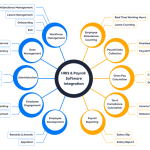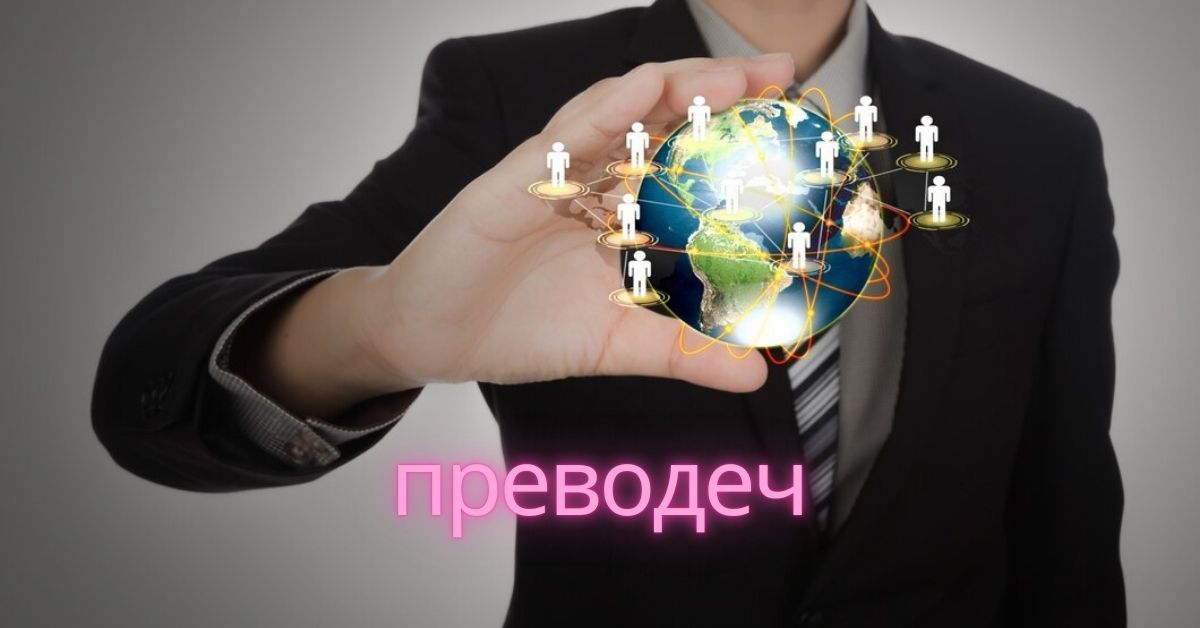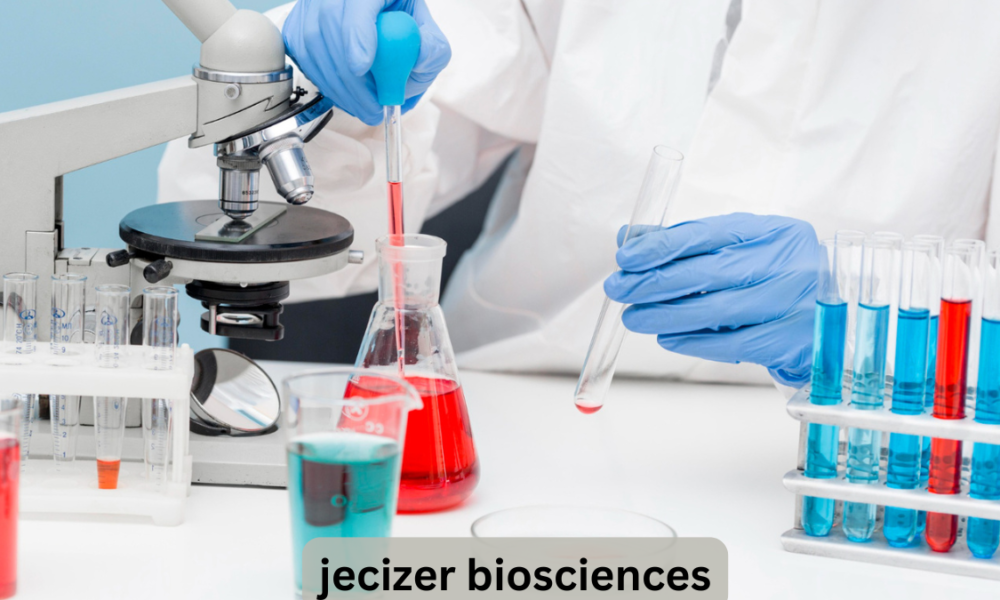Korps Sukarela, or the Volunteer Corps of the Indonesian Red Cross (Palang Merah Indonesia, PMI), plays a pivotal role in delivering essential humanitarian services across Indonesia. This organized group of volunteers is the backbone of PMI’s disaster relief, community health programs, and emergency response initiatives, often providing aid in some of Indonesia’s most challenging environments. Through courage, compassion, and a deep sense of responsibility, Korps Sukarela has become a trusted force for disaster response and preparedness.
Introduction
Indonesia, an archipelago prone to natural disasters such as earthquakes, volcanic eruptions, and tsunamis, has an unwavering need for skilled and dedicated humanitarian volunteers. To address this, Korps Sukarela was formed to train and mobilize individuals for disaster response and community assistance. Their work embodies the values of the Red Cross movement, emphasizing neutrality, humanity, and voluntary service. Each volunteer joins the Korps Sukarela with a shared commitment to support their fellow citizens, often risking their own safety to ensure others’ welfare.
What is Korps Sukarela?
Korps Sukarela (often abbreviated as KSR) is a volunteer branch of the Indonesian Red Cross Society. These volunteers support humanitarian operations, disaster response, first aid, health education, and community resilience programs across Indonesia. KSR teams are often the first responders during emergencies and are crucial in supporting PMI’s efforts to provide relief and reduce suffering.
Volunteers in Korps Sukarela are recruited from all walks of life, ranging from students to professionals, who undergo specialized training. With a vast network of KSR units nationwide, this corps ensures that PMI is ready to respond to local emergencies swiftly and effectively.
The Role of Korps Sukarela in Humanitarian Work
Disaster Response
Indonesia’s geographical position makes it highly susceptible to natural disasters. Korps Sukarela volunteers are trained to mobilize quickly, assessing the impact of disasters, providing first aid, distributing emergency supplies, and offering psychosocial support to victims. Their expertise in disaster response protocols ensures that aid is provided systematically and effectively.
Health and First Aid Training
Another significant role of Korps Sukarela is health and first aid training. Volunteers receive rigorous training in first aid techniques, making them capable of responding to emergencies both within communities and in disaster-stricken areas. These skills are then passed on to community members through outreach programs, which strengthens public knowledge on handling health emergencies.
Blood Donation Drives
As an integral part of the Indonesian Red Cross, Korps Sukarela volunteers often coordinate blood donation drives to maintain PMI’s blood banks. Blood donation is essential for emergency medical care, surgeries, and treating patients with chronic illnesses. Volunteers organize, promote, and assist in these drives, thereby supporting a steady supply of safe blood across the country.
How to Become a Korps Sukarela Volunteer
Becoming a Korps Sukarela volunteer is open to anyone passionate about humanitarian work and committed to making a positive impact. To join, applicants must pass basic medical checks and a rigorous selection process. Here are the typical steps:
- Eligibility: Volunteers must generally be at least 18 years old and physically capable of performing required tasks.
- Training: All volunteers undergo intensive training, covering topics such as first aid, disaster management, humanitarian principles, and public health education.
- Commitment: Volunteers are expected to commit a portion of their time to the PMI, attending regular training sessions and participating in response operations as needed.
This dedication to comprehensive training ensures that all volunteers are well-prepared for the demanding nature of their roles.
Training Programs in Korps Sukarela
Disaster Preparedness and Response
One of the core training areas for Korps Sukarela volunteers is disaster preparedness. Volunteers learn how to assess risks, set up safe shelters, conduct evacuations, and distribute supplies. This training helps ensure that communities are resilient in the face of natural disasters and know how to respond when the unexpected occurs.
First Aid and Medical Assistance
First aid skills are foundational for KSR members. This training covers essential techniques for dealing with trauma, injuries, and other medical emergencies. Equipped with these skills, Korps Sukarela volunteers are ready to administer emergency aid and reduce the risk of fatal outcomes in accident-prone or high-risk areas.
Psychological First Aid (PFA)
In times of crisis, emotional trauma can be as severe as physical injuries. Korps Sukarela volunteers are trained in Psychological First Aid, a support technique that helps individuals manage stress and process difficult emotions after traumatic events. Through this training, volunteers are better prepared to offer comfort, understanding, and basic counseling to those affected by disasters.
Community-Based Health and Hygiene Promotion
Besides emergency response, Korps Sukarela volunteers are trained to promote community health and hygiene. This includes educating the public about sanitation, disease prevention, and healthy living practices. These efforts not only improve daily quality of life but also bolster community resilience to potential health crises.
Korps Sukarela’s Contribution to Community Empowerment
Beyond emergency response, Korps Sukarela works closely with communities to strengthen their ability to handle crises independently. Empowerment initiatives focus on:
- Education: Volunteers often lead health workshops in schools and community centers, teaching basic first aid, disease prevention, and sanitation.
- Resilience Building: Through disaster preparedness training, communities are better equipped to respond to and recover from crises.
- Social Support Networks: KSR fosters social cohesion by encouraging collaboration within communities, establishing volunteer groups, and building trust through ongoing support activities.
Challenges Facing Korps Sukarela Volunteers
Being part of Korps Sukarela is both fulfilling and challenging. Volunteers often operate in dangerous environments, exposed to risks like unstable infrastructure, harsh weather conditions, and potential outbreaks of disease. Additionally, the emotional toll of dealing with traumatic events can be challenging, requiring a high level of resilience and mental strength.
Despite these challenges, KSR volunteers remain steadfast in their mission. Through ongoing training and support from PMI, these volunteers are equipped to handle high-stress situations and continue serving communities in need.
The Impact of Korps Sukarela on Indonesian Society
The efforts of Korps Sukarela have left a lasting impact on Indonesian society. Through disaster relief, health education, and empowerment programs, they have become a trusted resource for communities across the nation. KSR has helped:
- Save lives: Their rapid response has saved countless lives during disasters and emergencies.
- Strengthen community resilience: Through education and support, communities are better prepared to face future challenges.
- Promote a culture of volunteerism: KSR inspires a spirit of volunteerism, encouraging citizens to actively participate in helping others.
Korps Sukarela: A Testament to Humanity’s Commitment to Helping Others
The dedicated men and women of Korps Sukarela embody the spirit of humanity, sacrifice, and compassion. Their commitment to providing aid in some of the most challenging environments is a testament to the power of community-driven humanitarianism. Each KSR volunteer understands that their actions can make a profound difference, and this understanding fuels their continued commitment to service.
FAQs
What is Korps Sukarela?
Korps Sukarela, or KSR, is the volunteer corps of the Indonesian Red Cross (PMI), dedicated to providing humanitarian aid, disaster response, and health education in Indonesia.
How does Korps Sukarela support disaster relief?
KSR volunteers are trained in disaster response, equipped to administer first aid, provide shelter, distribute supplies, and offer psychological support to victims of natural disasters.
Who can join Korps Sukarela?
Anyone above 18 with a passion for humanitarian work and willingness to undergo training can apply to join Korps Sukarela.
What training do Korps Sukarela volunteers receive?
Volunteers undergo training in first aid, disaster response, psychological first aid, and community health education to prepare for their roles.
How does Korps Sukarela benefit Indonesian society?
KSR promotes disaster resilience, health awareness, and a spirit of volunteerism, while also providing essential aid and services during crises.
Where can I learn more about volunteering with Korps Sukarela?
To learn more, visit the official Indonesian Red Cross website (PMI) or inquire at local PMI chapters.
Conclusion
Korps Sukarela is a vital component of the Indonesian Red Cross, representing the best of humanity through selfless service. By working tirelessly in communities and on the front lines of disaster zones, KSR volunteers not only alleviate suffering but also empower communities to stand strong in times of need. Their unwavering commitment to serving others makes Korps Sukarela an inspiring model of humanitarian effort in Indonesia and beyond.











